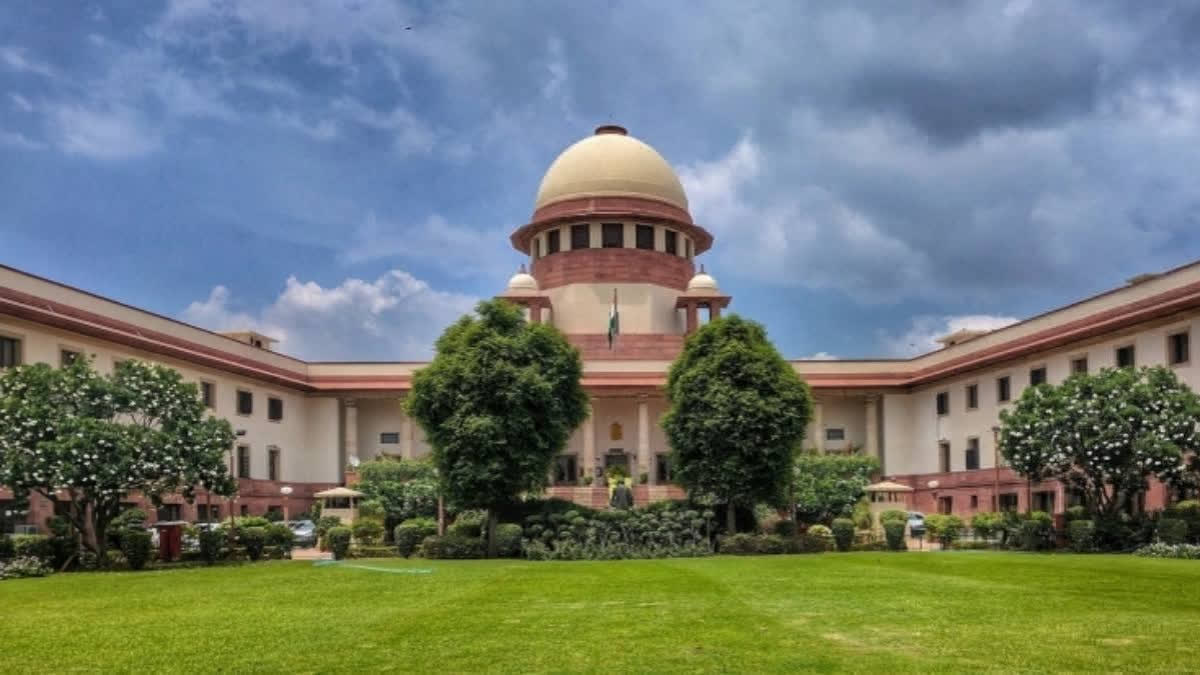Casting a wider net for the law curbing child pornography, the Supreme Court of India has recently held that even viewing, possessing, and not reporting such pornographic content is punishable under the Protection of Children from Sexual Offences Act, 2012 ('POCSO Act'), regardless of whether it is shared or transmitted further. The decision came through a division bench of Chief Justice of India DY Chandrachud and Justice JB Pardiwala, with the latter having authored the judgment.
Setting aside a judgment of the Madras High Court on this matter, the Supreme Court proffered a strict interpretation of what constitutes the offence of "storage of child pornography". The said Madras High Court judgment of January 2024 had held that "mere possession or storage" of child pornography was not an offence under the POCSO Act.
This judgment was appealed against before the Supreme Court by the NGO called Just Rights for Children Alliance, that also lent its name to the case eventually – Just Rights for Children Alliance v. S. Harish. The judgment promises to be a breakthrough, especially in curbing not just the circulation of pornographic material involving children, but also its consumption by people.
On what is punishable
At the heart of this decision are two provisions of the POCSO Act – sections 14 and 15. Section 14 penalises using a child or children for pornographic purposes with imprisonment for up to five years, and a fine. A second or subsequent conviction is punishable with imprisonment for up to seven years. Section 15 of the POCSO Act is split across three sub-sections – section 15(1) prescribes punishment for storage or possession of pornographic material involving a child – any person failing to delete, destroy, or report the same to the designated authority with an intention to share or transmit child pornography, is liable to a fine of not less than Rs. 5000/-, which could go up to Rs. 10,000/- on a second/subsequent conviction.
Under section 15(2), the transmitting, propagating, distributing or displaying of pornographic material involving a child except for the purpose of reporting or for use as evidence in court, is punishable with imprisonment or fine, or both. Section 15(3) prohibits and punishes the storage or possession of child pornographic material when done with a commercial intent.
Previously, various High Courts had held that the intent to distribute or commercially use such content was crucial for a Section 15 offence to be made out. In fact, the Madras High Court judgment that was appealed against had quashed criminal proceedings against an accused on the ground that downloading or watching child pornography was not by itself punishable under either the POCSO (or the Information Technology Act, 2000 (‘IT Act’)).
The Supreme Court has now clarified that each of the sub-sections of section 15 make provision for independent offences. Justice Pardiwala explained that section 15 provides for three 'distinct' offences that penalise the storage or possession of 'child pornographic material' when done with three separate intentions – storage or possession with the intent of eventual commercial use is an offence under section 15, and so is storage or possession, which ends up in failure to destroy pornographic material. Each sub-section of section 15 is independent of each other in determining separate offences.
Under section 15(1) in particular, the mental intent is to be gathered from the act of possession of pornographic material but not reporting it. The act of possessing the material, unless and until deleted, destroyed or reported by the accused, constitutes an offence under section 15(1). For each case, the facts and circumstances of how the possession came about would have to be uncovered.
The Supreme Court also made a pertinent clarification with regards section 67B of the IT Act, which punishes the publication or transmitting of material depicting children in a sexually explicit act, in electronic form. The Court ruled that Section 67B not only punishes “electronic dissemination” of child pornographic material but also the "creation, possession, propagation and consumption of such material."
On the obligations of social media intermediaries, and burden of proof
